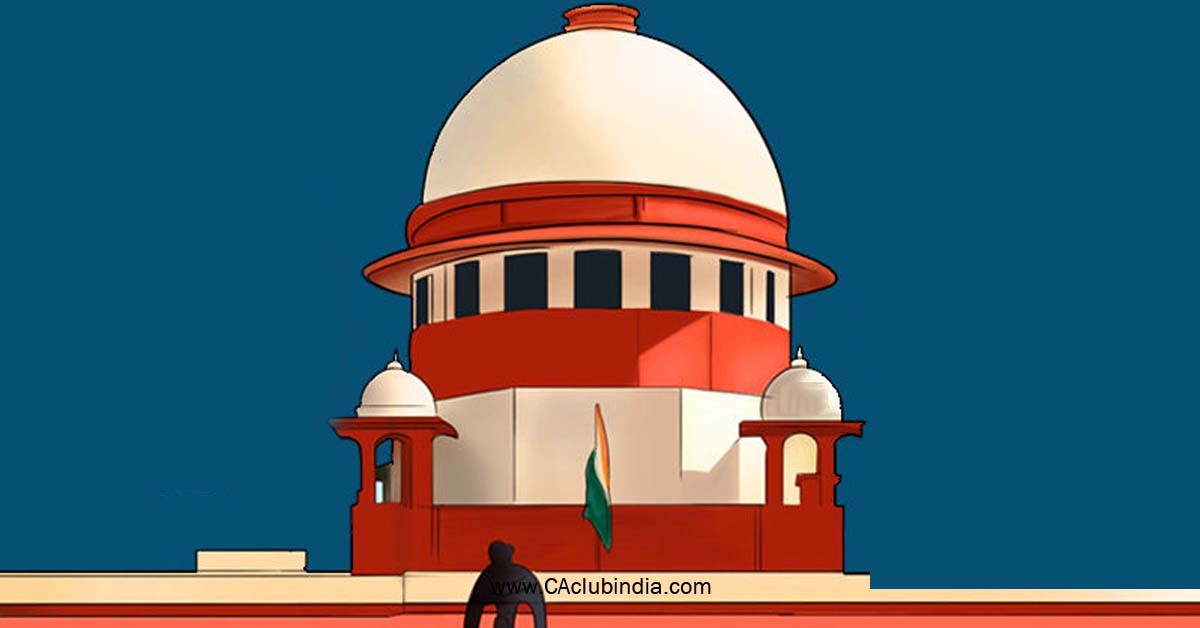In a significant development, the government is poised to request the Supreme Court to consolidate all Goods and Services Tax (GST) online gaming cases currently under litigation. A senior Finance Ministry official revealed that the move aims to streamline the decision-making process by addressing the taxability issue in a unified manner.
The official explained, "The online gaming cases are pending in the Supreme Court on the taxability issue. The final decision on it will be taken by the Supreme Court, and one cannot have multiple interpretations of the same law. So the request is to tag all the cases together."

If the Supreme Court grants the request, it would result in a single litigation encompassing all relevant cases, preventing the issuance of multiple orders. The transfer of cases to a consolidated platform is at the discretion of the Supreme Court, but if approved, it would significantly save resources and time for the Central Board of Indirect Taxes and Customs (CBIC).
This development comes ahead of the Supreme Court's imminent consideration of the Gameskraft case, a Bengaluru-based gaming company facing a notice to pay Rs 21,000 crore in GST arrears. The case has been a focal point of contention, with the Karnataka High Court quashing the notice, only for the Supreme Court to stay the HC order, leading to the case's impending hearing in the coming weeks.
The backdrop for these legal battles is the GST Council's approval of a 28 percent GST on all online games from October 1, 2023. The council's interpretation extends the tax liability to the period between 2017 and October 1, 2023, for all online games involving bets, regardless of skill or chance. This categorization as gambling has resulted in GST notices totaling Rs one lakh crore being issued to online gaming companies this year.
Online gaming firms have contested this, asserting that the 28 percent tax is applicable only from October 1, 2023. The government, however, contends that the October revision merely clarified an existing law. This disagreement has led to legal battles in various high courts, including the Bombay HC, the Goa bench of Bombay HC, and the Sikkim HC.
Prominent gaming companies, such as Dream 11's parent company, Games 24×7, Head Digital Works, and Delta Corp, have filed petitions challenging the GST notices. In October, Delta Corp reported that the Bombay High Court in Goa had issued an order prohibiting authorities from making definitive decisions without prior court approval, while the Sikkim High Court stayed a GST demand notice of Rs 628 crore against Delta Corp.
The consolidation of these cases is anticipated to bring clarity and coherence to the legal landscape surrounding GST on online gaming, providing a uniform ruling that will impact the entire industry.





 CAclubindia
CAclubindia
